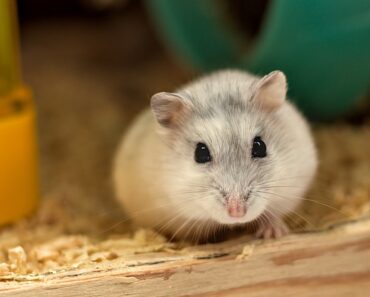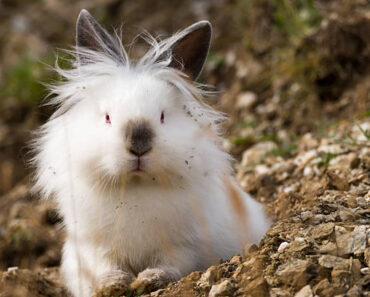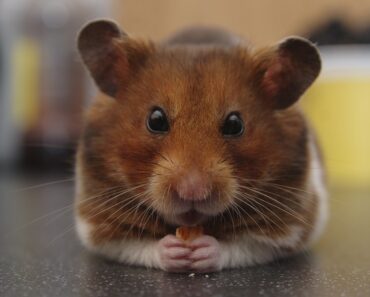
The deadly viruses, VHD and VHD2, are threatening wild and domestic rabbits with a vague epidemic at this very moment. The only cure: vaccination!
What is VHD?
Highly contagious, harmless to humans, but deadly in rabbits, the VHD virus can neither be cured nor treated. Veterinarians are still helpless. So what is VHD?
The viral hemorrhagic disease of rabbits, commonly called VHD, appeared in the north of France at the beginning of the 20th century. Since 2010, the virus has mutated, to become more resistant to treatment and to transform itself into VHD 2. This virus is now ravaging not only the whole territory, but also the south of France.
In less than 72 hours, the virus can lodge itself in the organism of your little rabbit. Sneezing crisis, excitation phases, spasms, nasal, oral and anal hemorrhages? Which will inevitably lead to the death of the animal. These symptoms are frequently reported, but may be non-existent in some species. The animal then dies suddenly and only the autopsy can point to HDV.
Vaccination: the only effective remedy against HDV!
To fight this scourge, there is still no treatment or medication to contain the virus. However, as a preventive measure, you can vaccinate your little companion and guarantee him a long and healthy life. Many vaccines are available and are very effective such as Cunical, Dercunimix, Nobivac, Fivalac… To be renewed every 3-4-6 or 12 months depending on the treatment, it is important to respect the indications. For more information, ask your veterinarian who will give you the vaccine adapted to your rabbit and will vaccinate it since he is the only professional authorized to administer this treatment.
Drastic precautions to avoid contamination…
The virus remains present and active in the air for 3 months and can be transmitted in various ways through direct contact:
- contact with a contaminated animal
- the droppings, the hairs, my nasal secretions
Or by indirect contact :
- with the fodder
- with material infected by a contaminated rabbit (cage, garden, room…)
- with insects and small rodents (vector of the virus)
- with humans who may carry and transmit the virus.
If you are in a contaminated area, avoid taking your rabbit out and keep it warm and close to you. The beautiful garden vegetables you give your pet should be thoroughly washed (as well as your hands), or peeled, to destroy potential droppings and contamination by wild rabbits. Bedding and clean hay should be kept away from insects.






